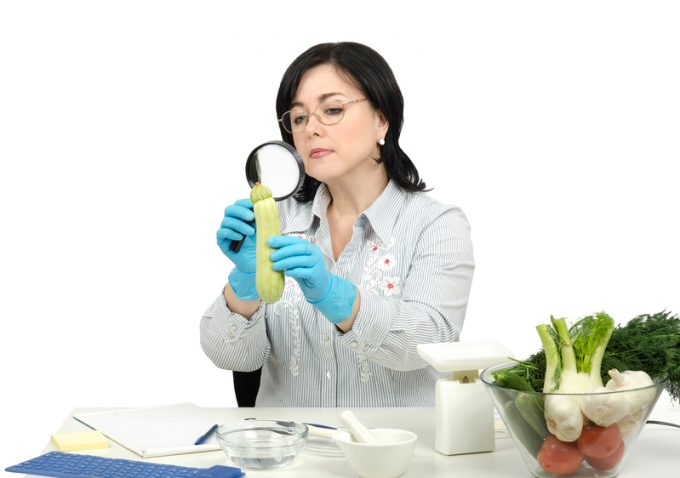AD Ports launches Erkport JV, but loses out over Alsancak terminal
It’s been a couple of days of mixed fortunes for fast-growing UAE ports and logistics ...

As the row over the Northern Ireland protocol threatens to become a full-blown diplomatic crisis between the UK and EU, there are new industry warnings that UK supply chains face chaos.
Industry, particularly the hospitality sector, wants government to postpone the 1 April implementation of phase ...

Comment on this article